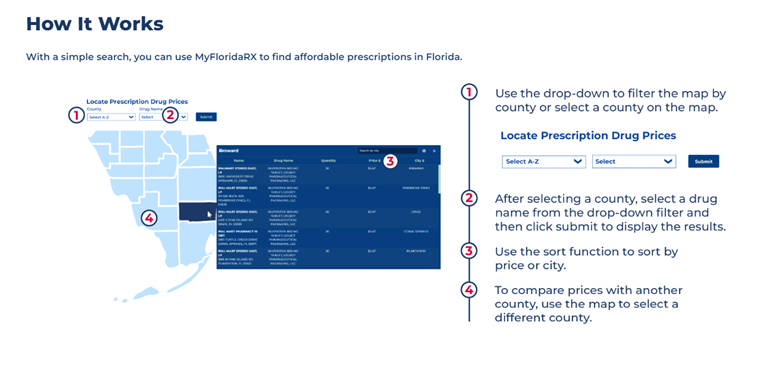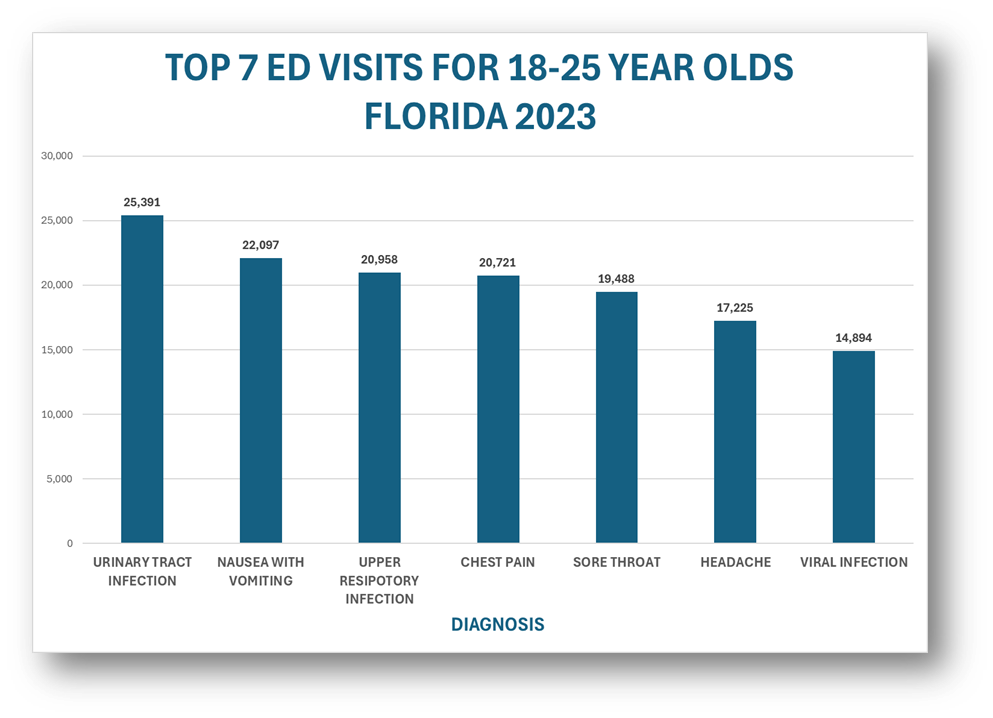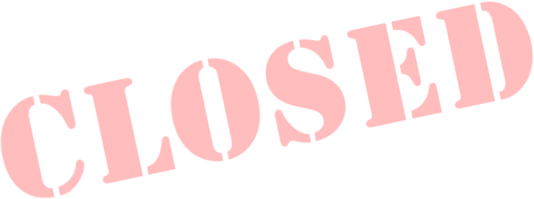Consumer Guides
A-Z Young Adult Resource Guide
Make Every Decision Count!
Introduction
Managing your health independently is an essential step in becoming a responsible and empowered adult. As you transition into adulthood and begin your independent life, your healthcare needs and resources are likely to change. Being responsible for your health means more than just treating illnesses; it’s about proactive care, making informed decisions, and building habits that support long-term wellness.
This period is a chance to establish a solid foundation for your future by learning how to navigate the healthcare system. This guide provides you with the knowledge, resources, and tools to effectively manage your health, ensuring that you stay healthy and proactive about your well-being.
Topics Include:
- Why Managing Your Health is Important
- Key Steps to Becoming Health-Responsible
- Common Care Needs for Young Adults
- Useful Links and Contacts
Key Tool:
- Personal Healthcare Organizer: Personal Care Organizer.pdf
- Transitioning to Healthcare in a New Area
Why Managing Your Health Is Important
As a young adult, you’re at a stage when setting up the right health practices can significantly impact your quality of life now and in the future. The choices you make today can prevent chronic conditions, improve your mental well-being, and equip you with the knowledge and skills to handle health challenges effectively. Taking responsibility for your health means being informed, prepared, and proactive about seeking care and maintaining healthy habits.
Key Steps to Becoming Health Responsible:
-
Building Your Healthcare Team
Your healthcare team will be a group of medical professionals who work together to provide comprehensive care for your health needs. Having a well-rounded healthcare team ensures that you receive coordinated and personalized care, which is crucial for maintain good health and addressing any medical issues that may arise
Members of Your Healthcare Team:
- Primary Care Provider (PCP): Your PCP is your main healthcare provider for regular check-ups, preventative care, and non-emergency health issues. They are your first point of contact for health concerns and can refer you to specialists when needed.
- Specialists: Specialists provide expert care for specific health conditions. Common specialists include dermatologists, gynecologists, allergists
- Dentist: Regular dental check-ups and cleanings are important for oral health, which can affect your overall well-being.
- Pharmacist: Pharmacists help manage your medications and provide valuable information on drug interactions and side effects.
- Therapists and Counselors: Mental health professionals provide support for emotional and psychological well-being.
- Organizing Your Health Information:
- Personal Information
- Health Insurance Information
- Healthcare Providers
- Allergies
- Health Issues or Concerns
- Health records, i.e. immunizations
- Understanding Your Insurance Information:
- Policy coverage: Learn about covered services, out-of-pocket costs, and network providers.
- Using Your Plan: Understand how to file claims, get referral, and what to do in case of emergencies.
- Finding affordable care: Look for community health centers that offer sliding scale fees. You cab search for County health departments here:
- Financial Assistance: Explore programs like Medicaid, ACA Marketplace, or other local assistance programs
- Preventative Care
- See your Primary Care Provider (PCP) at least once a year for an annual check- up
- Dental cleanings
- Vaccines to prevent diseases
- Screenings for diabetes, blood pressure, cholesterol, and cancer (eg., mammograms, colonoscopies)
- Education and counseling to help you make informed decisions
- Women should see Gynecologist annually
- Medication Management
- Emergency Plan
- Emergency Contacts
-
Nearest Hospital
- Address
- Phone
-
Urgent Care Center
- Address
- Phone
- Crisis Hotline Phone Number
- Make Cost Effective Decisions
- Visit this page: FloridaHealthPriceFinder
- Click on “Procedure Price”, in the top right corner
- Search for your procedure in the search bar, for example search “CT Scan of Head”. Or you can click “Browse A-Z” to see a list of procedures.
- Compare Costs: This tool will provide a list of estimated prices for that service at different hospitals and clinics across Florida, along with statewide and national costs.
-
Comparing Prescription Drug Costs
- Visit this page: MyFloridaRX - Prescription Drug Prices
- Transparency: Provides consumer-focused cost data on common procedures (“care bundles”) and retail pharmacy prices
- Cost Comparison: These tools provide estimated prices for specific services or prescriptions, allowing you to compare costs to find the most affordable options
- Personal Care Organizer Template: Personal Care Organizer.pdf
- County Health Department Search: County Health Departments - Location Finder | Florida Department of Health (floridahealth.gov)
- Florida Health Finder: FloridaHealthFinder
- Procedure Look-Up Tool: FloridaHealthPriceFinder
- Prescription Prices: MyFloridaRX - Prescription Drug Prices
- Consumer Guide for Understanding Prescription Drug Costs: FloridaHealthFinder | Consumer Guides
Keeping your health information organized can help you manage your healthcare effectively and ensure you receive the best possible. It can make a huge difference in your care, especially if you are in an emergency, to have all your data in one spot. A healthcare organizer should include:
You can create your own organization system, or you can use this organizer template as a personal health record that includes your medical history, insurance information, healthcare providers, immunizations, medications, allergies, emergency information. You can download this or print it out to ensure you have everything in one place.
Personal Healthcare Organizer Template: Personal Care Organizer.pdf
Remember to record significant past medical events and treatments, maintain up-to-date vaccination records, and to keep copies of insurance cards, policy details, and claim history.
As you navigate health insurance you need to understand what your plan covers and how to use it. Make sure your health insurance plan covers providers and services in your area. Check whether you need to update your policy or select a new plan. Here are key things to pay attention to within the insurance world:
Whether you’re insured or underinsured, there are options available:
Regular check-ups are vital to monitor your overall health and catch potential issues early. To set yourself up for a longer, healthier life, and to minimize the risk of disease and financial burden in the future, it’s recommended by the CDC to get regular medical and dental checkups. Examples are:
Within your Personal Healthcare Organizer, you should keep a list of all medications you are taking, including dosages and instructions. You can also use pill organizers or mobile apps to remind you to take your medicine as prescribed.
You can find affordable prescriptions in Florida with a simple search on FloridaHealthPriceFinder. This tool combines prescription drug data to shed light on pharmaceutical costs among individuals covered by Medicare, Medicaid, and commercial insurance to ensure a uniform system of price transparency.
Prescription drugs are important in the treatment of many diseases and health conditions. At the same time the cost of prescription medications is a concern for many consumers. The Consumer Guide for Understanding Prescription Drug Cost, linked at FloridaHealthFinder | Consumer Guides, provides more detailed information on prescription drug costs in Florida.
In an emergency, knowing where to turn for help can make a big difference. Having an Emergency Plan saved on your phone or in your Personal Healthcare Organizer could save you time and money in the future. Your Emergency Plan should contain:
As a young adult, managing your finances can be challenging, especially when it comes to healthcare expenses. One costly healthcare decision or unexpected medical bill can significantly impact your financial stability. Understanding how to make cost-effective decisions is crucial for maintaining both our physical and financial well-being.
Healthcare costs can vary widely depending on factors like location, provider, and type of service. Being proactive about researching and comparing costs can save you money and prevent financial strain. In Florida, tools like the FloridaHealthPriceFinder and MyFloridaRX - Prescription Drug Prices are invaluable resources for helping you make informed and affordable healthcare choices.
Steps to Comparing Procedure Prices on FloridaHealthPriceFinder

Benefits of FloridaHealthPriceFinder & MyFloridaRx
By making cost-effective healthcare decisions, you’re not only taking care of your health but also safeguarding your financial future. However, even with these tools you should always check with your health insurance company, if you have one, to find out more about how much the insurance will cover and how much you might be expected to pay the provider directly.
Common Care Needs for Young Adults
As young adults, it’s important to be aware of the common health issues that frequently lead to emergency department (ED) visits. Recent data reveals the top 7 ED visits for 18–25-year-olds in Florida for 2023:

The data was pulled solely on the principal diagnosis code for 2023 Florida Emergency Department visits.
Understanding Your Healthcare Options
You may be surprised at the number of visits for these conditions, which do not necessarily require hospital treatment. Visiting the emergency department for these ailments can be a drain on the healthcare system, making it harder for those with true emergencies to receive timely care. Additionally, hospital visits are often more expensive and time-consuming than other options.
For non-emergency conditions, urgent care centers and primary care providers (PCPs) are often more appropriate choices as they can offer quicker service and lower costs while still providing the necessary treatment. Florida’s ED diagnosis data further emphasizes the importance of healthcare education and understanding your care options. This awareness is a crucial part of managing your health, ensuring you receive the right care at the right place, avoid hefty hospital bills, and contribute to a more efficient healthcare system.
Conclusion
Thank you for using this guide to help you navigate your healthcare. Remember, your health is your most important asset, and by managing it well, you are setting the foundation for a bright and healthy future. Take care, stay healthy, and make every decision count!
Useful Links
Note: This is not designed to offer medical or legal advice. Please talk to your insurance provider about the facilities and services that are covered under your policy. Additionally, please consult with your doctor for medical advice and an attorney for legal advice.
Information is current as of May 2025.
This may be copied for public use. Please credit the Agency for Health Care Administration for its creation.
If you have comments or suggestions, call (850) 412-3730
